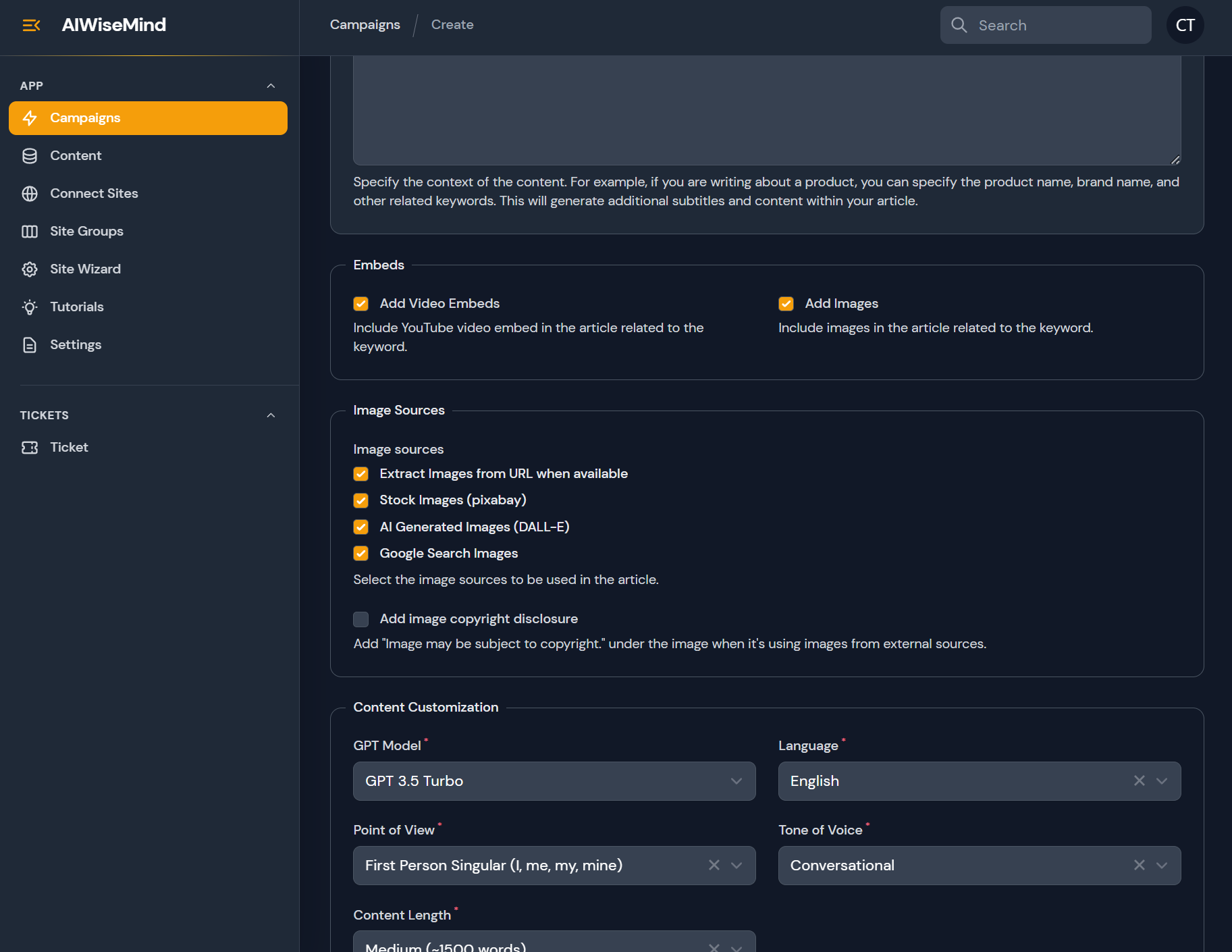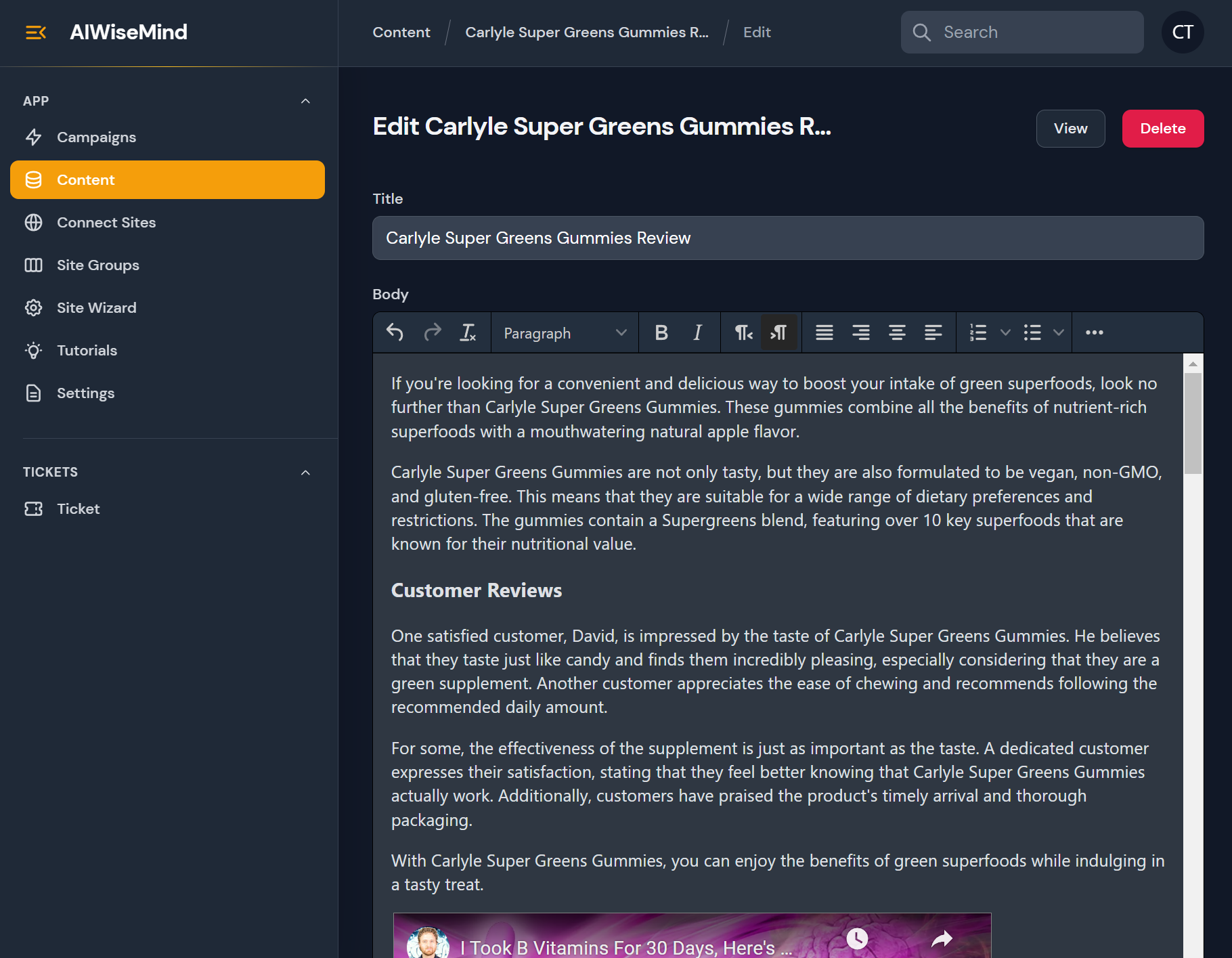Introduction
Welcome to “The Ultimate Guide: How to Scale Up Your Ecommerce Business.” If you’re looking to take your online store to the next level and achieve significant growth, you’ve come to the right place. Scaling up your ecommerce business is all about expanding your operations to reach more customers, increase sales, and maximize profits.
Understanding the importance of scaling up
Scaling up is crucial for the long-term success of your ecommerce business. By scaling up, you can meet the growing demand of your customers, improve your market position, and stay ahead of the competition. It allows you to tap into new markets, diversify your product range, and enhance customer satisfaction.
Common challenges faced by ecommerce businesses
Despite the benefits, scaling up an ecommerce business can be challenging. Common obstacles include maintaining inventory levels, optimizing logistics, managing cash flow, and ensuring a seamless customer experience. However, with the right strategies and tools, these challenges can be overcome.
Benefits of scaling up an ecommerce business
Scaling up your ecommerce business offers numerous benefits. It enables you to increase revenue and profit margins, leverage economies of scale, and establish yourself as a market leader. Additionally, scaling up allows you to attract top talent, access better resources, and build a more robust and sustainable business.
Now, let’s dive into the specifics and explore the different strategies and tactics that can help you scale up your ecommerce business successfully.

This image is property of www.maropost.com.
Setting the Foundation for Scaling Up
When it comes to scaling up your ecommerce business, it’s important to start by analyzing your current operations and performance. Take a close look at your sales, customer satisfaction, and other key metrics to identify areas where improvements can be made. This will lay the groundwork for your growth strategy.
Analyzing current business operations and performance
Dig deep into your data to understand what’s working and what’s not in your business. Identify bottlenecks, inefficiencies, and areas of missed opportunity. By identifying trends and patterns in your operations, you can make informed decisions about where to focus your efforts for improvement.
Identifying key areas for improvement
Once you’ve pinpointed areas for improvement, prioritize them based on potential impact and feasibility. This could include optimizing your website for better user experience, streamlining your supply chain, or enhancing your marketing and advertising strategies.
Developing a growth strategy
With a clear understanding of your current business operations and areas for improvement, it’s time to develop a growth strategy. Set achievable goals, outline the steps required to reach them, and consider the resources and investments needed along the way. Your strategy should be flexible, allowing you to adapt to market changes and capitalize on emerging opportunities.
Building a strong team and infrastructure
To scale up successfully, you’ll need a strong team and infrastructure in place. Hiring the right employees with the necessary skills and expertise is crucial. Additionally, consider investing in technology and tools to streamline your processes and support your growth.
By setting a solid foundation for scaling up your ecommerce business, you’ll be well-positioned for sustainable growth and success. It’s essential to regularly review and adjust your strategies as your business evolves, ensuring that you stay ahead of the competition and meet the ever-changing needs of your customers.

This image is property of biz4commerce.com.
Optimizing Product Offerings
Conducting market research and customer analysis
To successfully scale up your ecommerce business, it’s crucial to understand your target market and their needs. Conduct thorough market research and analyze customer behavior to identify trends, preferences, and pain points. This valuable insight will help you tailor your product offerings to meet customer demands effectively.
Expanding product range and diversifying offerings
Once you have a clear understanding of your target market, consider expanding your product range to appeal to a wider customer base. Diversifying your offerings allows you to cater to different customer segments and increase your revenue streams. Research trending products and assess their potential to enhance your existing product lineup.
Implementing effective pricing strategies
Pricing plays a significant role in the success of your ecommerce business. Analyze your costs, market trends, and competitor pricing to determine the optimal pricing strategy for your products. Whether it’s competitive pricing, value-based pricing, or bundling, select a strategy that aligns with your business goals and customer expectations.
Improving product quality and customer satisfaction
To ensure sustained growth, it’s crucial to focus on product quality and customer satisfaction. Continuously gather feedback from customers and make necessary improvements to enhance product quality. Investing in excellent customer service, hassle-free returns, and personalized experiences will contribute to customer satisfaction and encourage repeat purchases.
By optimizing your product offerings through market research, expanding your range, implementing effective pricing strategies, and prioritizing product quality and customer satisfaction, you will set your ecommerce business up for success in the competitive market.

This image is property of images.websitebuilderexpert.com.
Streamlining Operations and Logistics
To successfully scale up your ecommerce business, it is crucial to streamline your operations and logistics. By optimizing these areas, you can improve efficiency, reduce costs, and enhance customer satisfaction.
Evaluating existing fulfillment processes
Start by evaluating your current fulfillment processes. Identify any bottlenecks or inefficiencies that may be hindering your ability to deliver products in a timely manner. Streamline your workflow by automating tasks, implementing quality control measures, and optimizing packaging and shipping processes.
Implementing efficient inventory management systems
Efficient inventory management is essential for scaling up your business. Utilize inventory management software or systems to track and monitor stock levels accurately. This will help you prevent stockouts and overstocking, leading to improved customer satisfaction and reduced carrying costs.
Establishing strong supplier relationships
Building strong relationships with your suppliers can streamline your procurement process. Regularly communicate with them to ensure timely deliveries, negotiate volume discounts, and take advantage of favorable terms. This will ensure a smooth supply chain, minimizing delays and disruptions.
Enhancing order processing and shipping capabilities
Invest in technologies that streamline order processing and shipping. Implement a robust order management system that automates order fulfillment, tracks shipments, and provides real-time visibility to customers. This will streamline your operations, reduce errors, and improve customer satisfaction.

This image is property of www.oberlo.com.
Increasing Brand Visibility and Marketing
Creating a comprehensive marketing plan
To scale up your ecommerce business, you need to develop a well-rounded marketing plan. Start by identifying your target audience and setting clear marketing goals. Determine the best channels to reach your audience, such as email marketing, content marketing, or affiliate marketing. Allocate resources and establish a budget for each channel. Implement strategies like content creation, SEO optimization, and email campaigns to engage and convert potential customers. Regularly analyze the results and make necessary adjustments to improve your marketing efforts.
Utilizing social media platforms and influencer marketing
Social media platforms are powerful tools for increasing brand visibility. Establish a presence on popular platforms like Facebook, Instagram, and Twitter. Develop engaging and shareable content to attract and retain followers. Collaborate with influencers who have a strong presence and align with your brand values to promote your products or services. Leverage their influence and reach to expand your customer base.
Optimizing search engine visibility
Improving your search engine visibility is crucial for driving organic traffic to your ecommerce website. Optimize your website’s structure, meta tags, and keywords to improve its ranking on search engine results pages. Create high-quality and relevant content that appeals to both search engines and users. Regularly update and maintain your website to ensure it remains optimized for search engine algorithms.
Running targeted advertising campaigns
Targeted advertising campaigns are essential for reaching your specific audience. Utilize platforms like Google Ads or social media advertising to target customers based on their demographics, interests, and behaviors. Create compelling ad copy and visuals to capture attention and drive clicks. Monitor and analyze campaign performance to refine your targeting and maximize your return on investment.
By implementing these strategies, you can increase your brand visibility, attract more customers, and ultimately scale up your ecommerce business.
Conclusion
Scaling up your ecommerce business is essential for long-term success and growth. By expanding your operations and increasing your reach, you can unlock new opportunities and maximize your profits. Throughout this guide, we have discussed various strategies and tactics to help you scale up your ecommerce business effectively.
Recap of the importance of scaling up an ecommerce business
Scaling up an ecommerce business allows you to meet the increasing demands of your customers, improve your overall profitability, and gain a competitive edge in the market. It enables you to streamline your operations, leverage new technologies, and tap into new markets, ultimately driving the growth of your business.
Key takeaways and actionable steps
To scale up your ecommerce business, it is crucial to focus on key areas, such as optimizing your website for better UX, implementing an effective marketing strategy, investing in reliable logistics and fulfillment services, and continuously analyzing and optimizing your operations. By taking these actionable steps, you can create a solid foundation for scaling up your business.
Inspiration from successful ecommerce scaling case studies
Look for inspiration from successful ecommerce businesses that have scaled up successfully. Case studies of renowned companies like Amazon, Alibaba, and Shopify can provide valuable insights into their strategies, challenges faced, and how they overcame them to achieve remarkable growth. Study their tactics, adapt them to your business model, and learn from their experience to fuel the expansion of your own ecommerce business.
Remember, scaling up an ecommerce business is a journey that requires careful planning, continuous adaptation, and diligent execution. By implementing the strategies and techniques outlined in this guide, you can position yourself for sustainable growth and elevate your ecommerce business to new heights.



